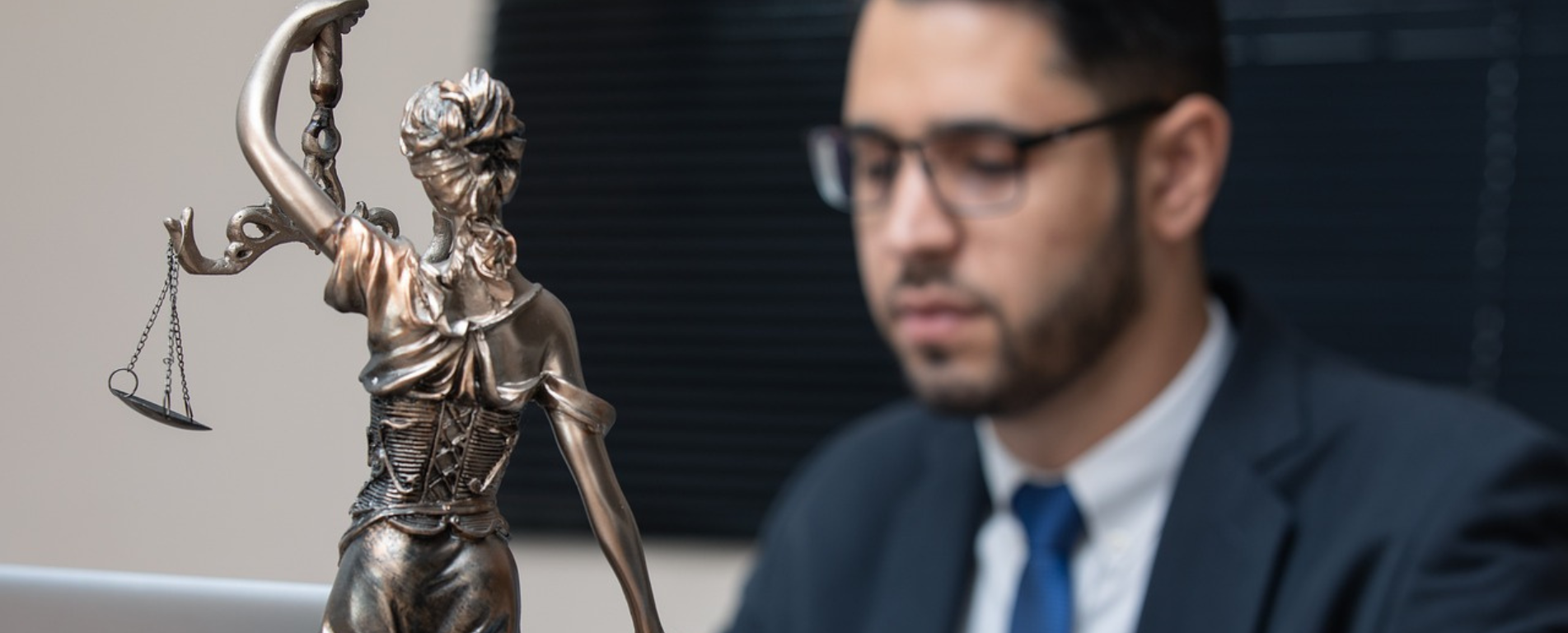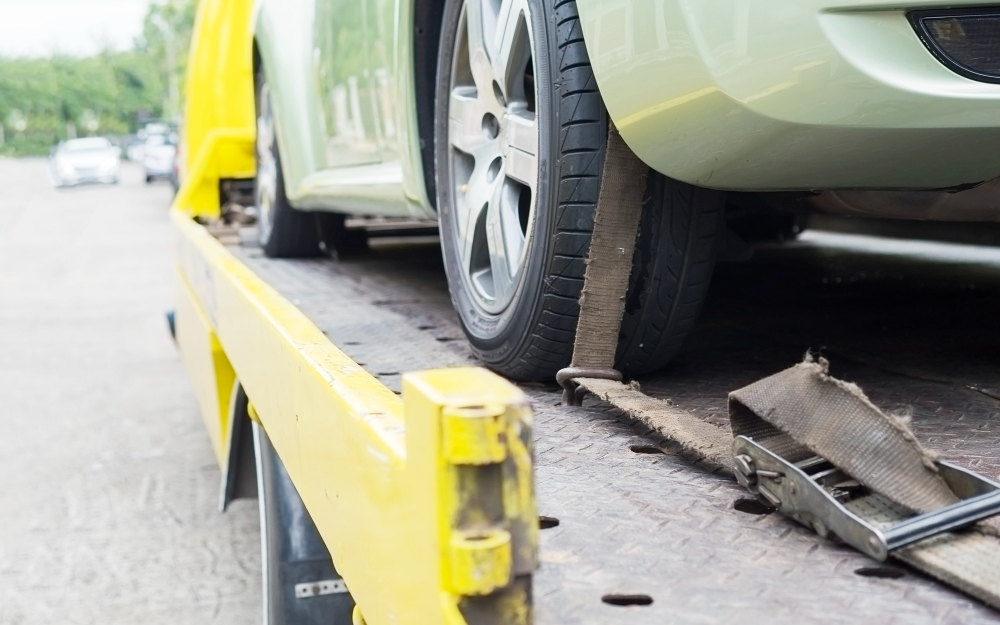After an accident, taking the right steps early can protect your health, your financial recovery, and your legal rights.
Many people are unsure what to do before contacting a lawyer, but these early actions often make a big difference in how strong your claim will be.
Moreover, knowing what to do — and what not to do — gives you a strong foundation when you speak with an experienced personal injury lawyer in Denver, CO.
So, if you have been trying to understand the steps of personal injury claim, you have come to the right place! Therefore, keep on reading until the end…
What are the Steps of Personal Injury Claim?
When you encounter any accident that results in some kind of personal injury, you need to file a personal injury case. Moreover, this will help you to get your compensation claim.
And, before jumping into getting your claim, you should know the proper steps and process regarding personal injury cases.
Here are the steps you should take for your personal injury claim.
1. Seek Medical Attention Immediately
Your health is the top priority after any accident. So, even if you think your injuries are minor, you should always seek medical attention as soon as possible.
Moreover, some serious internal injuries, like haemorrhages or concussions, may not show symptoms right away.
Also, getting prompt medical care also creates a medical record that links your injuries directly to the accident. And, this documentation will be essential for your personal injury claim.
Make sure to:
- Follow all treatment plans and doctor recommendations.
- Also, keep copies of medical bills, reports, and discharge papers.
- Attend follow-up appointments to document your recovery.
2. Report the Accident
Depending on the type of accident, you should report it to the appropriate authorities:
- Car accident: Call the police and file an accident report.
- Slip and fall: Notify the property owner or store manager.
- Workplace injury: Report the incident to your supervisor or HR department immediately.
Moreover, a formal report creates an official record of the incident, which is critical evidence in your case.
3. Gather Evidence at the Scene
If you can physically collect, you should get as much evidence as you can while you are still at the scene. Additionally, you should know that important information could be lost if you wait too long.
Key evidence to gather includes:
- Photos of the scene of the accident, injuries, vehicle damage, or hazards.
- Also, collect the names and contact information of witnesses.
- License plate numbers (for vehicle accidents).
- Any surveillance footage, if available.
And, the more evidence you can gather, the stronger your lawyer will be able to build your case.
4. Write Down What Happened
Memories fade quickly after an accident, especially if you are dealing with stress or injuries. So, take time to write down everything you remember about the incident as soon as possible.
Include details such as:
- What you were doing before the accident.
- Or, how the accident happened.
- Also, the conditions at the scene (weather, lighting, traffic).
- What was said by the other party and witnesses.
Moreover, these notes will help your attorney understand your perspective and prepare your claim.
5. Avoid Discussing the Accident on Social Media
It may be tempting to share what happened with friends or family online, but posting about the accident or your injuries on social media can harm your case.
Moreover, insurance companies and defense attorneys often search social media for evidence they can use against you.
Even harmless posts or photos could be misinterpreted to suggest you are not seriously injured.
Best practice: Stay off social media until your case is resolved, or at least avoid posting about the accident, your health, or activities.
6. Be Careful Speaking With Insurance Companies
After an accident, the other party’s insurance company might call you quickly, asking for a statement. Also, they may seem friendly, but their goal is to protect their bottom line — not to help you.
So, before talking to any insurance adjuster, it is better to consult with a lawyer. As anything you say can be used to deny or reduce your claim.
If contacted:
- Stay polite, but avoid giving detailed statements.
- Do not admit fault or downplay your injuries.
- Also, tell them you are seeking legal advice before answering questions.
7. Keep a Record of Your Expenses
In addition to medical bills, your injury may cause other expenses that can be part of your claim.
Keep receipts and records for:
- Prescription medications.
- Medical devices (crutches, braces, etc.).
- Also, transportation costs to medical appointments.
- Home modifications (ramps, showers) if needed.
- Lost wages or missed work days.
Moreover, documenting every expense strengthens your case for full compensation.
8. Prepare Your Questions for the Lawyer
When you are ready to contact a personal injury attorney, it helps to have a list of questions prepared. Moreover, this will make your consultation more productive and help you choose the right lawyer.
You might ask:
- How many cases like mine have you handled?
- What is your approach to handling claims with disputed liability?
- And, how do your fees work?
- Will you personally handle my case, or will it be passed to someone else?
Being prepared helps you feel confident when discussing your case and choosing who will represent you.
Moreover, taking the right steps after an accident protects your health and builds a stronger legal case.
Once you have addressed your immediate needs and gathered key information, reaching out to a personal injury lawyer in Denver, CO, is the next important move.
Also, a skilled attorney will legally guide you to handle the process, negotiate with insurance companies, and fight for your full compensation that you deserve.
Your Legal Guide: Should You Hire a Personal Injury Lawyer?
Going through the legal process right after an accident can be exhausting. Moreover, you might feel helpless and tired from constantly dealing with the procedures and complexities.
That’s where a personal injury lawyer comes in handy. With their help, you can safely and relaxedly go through this legal process.
They will guide you with legal advice and take care of most of the procedures on your behalf. Moreover, they will evaluate a fair and full compensation claim based on your personal injuries for the insurance company.
And, if there’s a need, they will fight on your behalf in court and negotiate your claims with the insurance advocates.
So, to get the maximum compensation in your personal injury claim, we will advise you to hire a competent and reliable personal injury lawyer.
Read Also:















